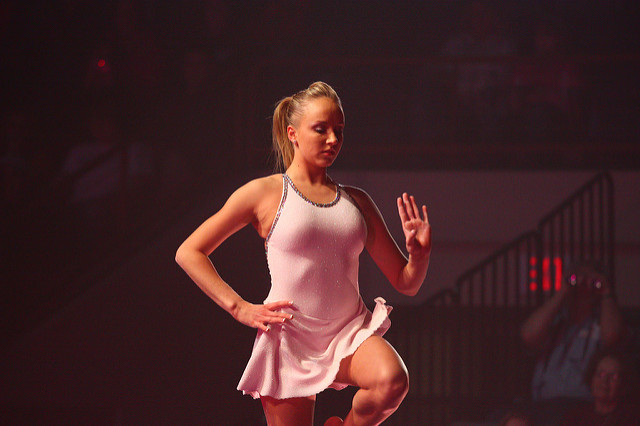This blog has pointed out in the past that retired sports stars often make excellent business owners. This makes sense when you consider the types of skills and strengths that professional athletes typically develop over the course of their careers. Athletes know how to motivate others and to work as members of a team. They also know how to not only set goals, but create specific plans for achieving them.
That’s why sports professionals nearing retirement age shouldn’t worry about where they will work in the future. Although it is important to be proactive and to take steps ahead of time to prepare for retirement, it’s also important to be optimistic about the next chapter of life.
The following three examples will help. These are only a few of the pro athletes who have gone on to become successful entrepreneurs. Their stories demonstrate why former sports stars often make effective leaders in other industries.
1. John Elway
Many athletes strive to achieve key goals over the course of a season. John Elway is an example of someone who actually succeeded in reaching their goals, as he helped the Denver Broncos win more than one Super Bowl during his time on the team.

After retiring from football, Elway took his ability to lead others and applied it to a variety of business ventures. He has opened successful auto dealerships, steakhouses, and even owns an arena football team.
This shows that an athlete doesn’t exactly need expertise in a specific field in order to run a business in a new industry after retirement. Elway’s ventures are all different. They didn’t succeed because Elway knows everything there is to know about running an auto dealership or steakhouse. They succeeded because Elway knows how to consistently work with others to achieve a major goal, as he did with the Super Bowl. He has opened multiple strong businesses the same way that he won multiple Super Bowls: by applying his strengths accordingly.
2. Nastia Liukin
Elway’s story demonstrates how retired athletes do not need to necessarily focus on sports-related ventures when starting a new business. However, that doesn’t mean they can’t. Sometimes it’s a good idea to apply one’s knowledge of the sports world to the business world.

That’s what Nastia Liukin has done. As is the case with many Olympic gymnasts, her career was not particularly long. She retired from professional gymnastics at the age of 23 and chose to pursue a career in business.
Although Liukin has achieved success in other roles (for instance, she has appeared on TV programs such as Dancing with the Stars and has cultivated a following as a fashion blogger), her most interesting project to date might be her app Grander. This app aims to provide young gymnasts with the opportunity to find professional mentors.
Speaking with Boston Common Magazine, Liukin explains, “This has been something that I’ve been super passionate about. Even when I was competing, there was always the importance of having a mentor in my life. Regardless of what you want to be, whatever your dreams or goals are, to get connected, to gain knowledge and inspiration from the people you look up to is so important. We wanted to give back to that next generation through the Grander app.”
In other words, this isn’t just an instance of a retired athlete taking the skills they developed in sports and applying them to a new line of work. This is an example of an athlete starting a business that allows them to continue exploring their passion for sports in an entirely new way. Many other athletes may want to consider creating similar businesses.
3. Devan Kline
Devan Kline, a former baseball star, is another example of a retired athlete who has blended his skills as an athlete with his business talents to create a successful company.
Specifically, Kline, along with his wife Morgan, is the founder of Burn Boot Camp. This is a female-only chain of fitness centers (or “boot camps) that offers members various benefits such as personal training and free child care. There are now upwards of 75 Burn Boot Camp locations currently open, with hundreds more still in development.
Kline obviously has the sports background necessary for someone starting a chain of fitness centers. However, he also understands how consistent training leads to consistent performance. As Kline explains, not every pitch is going to be the best one you throw. What matters most is sticking to a training program designed to maximize your odds of success. He has applied that same principle to turn Burn Boot Camp into a thriving operation.
You don’t need to be an athlete to benefit from these stories. Maybe you’re simply an HR professional looking to hire executives who know how to lead. As these examples indicate, hiring former athletes may be a smart choice.

